In many ways, it was a glorious November. We were happy to relish the daily pleasures of Paris - her museums, restaurants, concerts and pastry shops.
On March 8, I wrote to a friend that I sensed things might be very different by the Ides of March. I could not comprehend how dramatic the difference would be! From one day to the next, March 15 to March 16, all restaurants, cafes, bars, shops and museums were closed. Sunday March 16 was a beautiful day and hundreds of people went to the parks to meet with their friends, trying to cope with these changes. After Sunday, the parks were closed as well. Macron told us that we were at war with this virus. Beginning on March 17, Paris went into an unprecedented lockdown.
The people of Paris disappeared. Apart from essential workers, the entire population was strongly urged to stay at home. Schools, businesses, hotels and offices were suddenly shut up tight. Only the food stores and pharmacies were allowed to stay open.
You've all been through similar shutdowns by now, but Paris was one of the first major cities to close up so completely. We had not known what to expect.
It was eerie during the day, and strangely beautiful at night, when I would hear only my footsteps on the normally hectic streets. No tourists taking photos of the Invalides or the shimmering Eiffel Tower. No sets of young people laughing along to their next drink. No elderly couples arm in arm.
Walking the dog, I was often the sole human to be seen for blocks on end. Masks were difficult to come by. Once in a great while, I would see someone wearing a mask on the street, and found it actually disturbing. My mind played tricks with me, and the masked people seemed like villains in a horror movie, popping up around the corners.
After the long confinement, the summer vacation season brought a resurgence in virus cases as people could not resist having parties and going to newly opened bars and crowded beaches. The government does not want to shut the country down again, and inflict any further damage to the economy. We still have a long path to tread carefully before a vaccine may be available. On one recent day, France recorded almost 6000 new cases of Covid-19.
The city of Paris has now made mask-wearing mandatory in all public spaces, both indoors and outside - and even in private offices. We are optimistic that this and other measures will tamp down the spread of the virus, but our next visit to Lonlay l'Abbaye, using public transport, may still be months away.
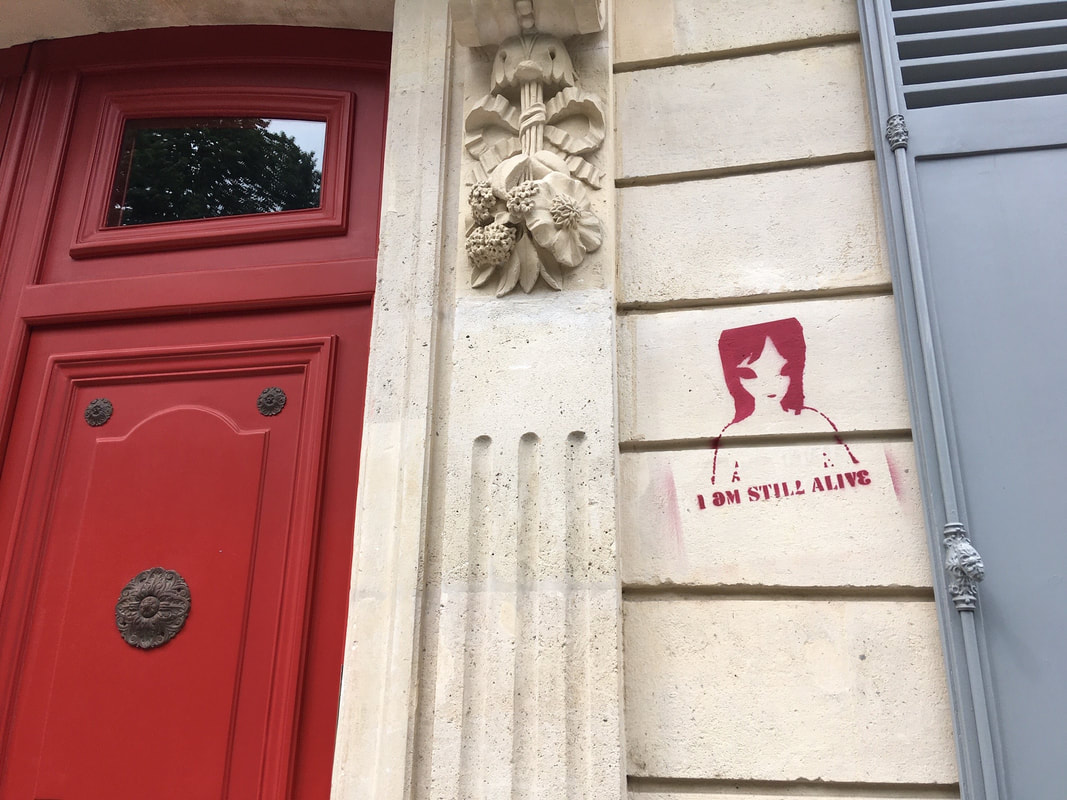
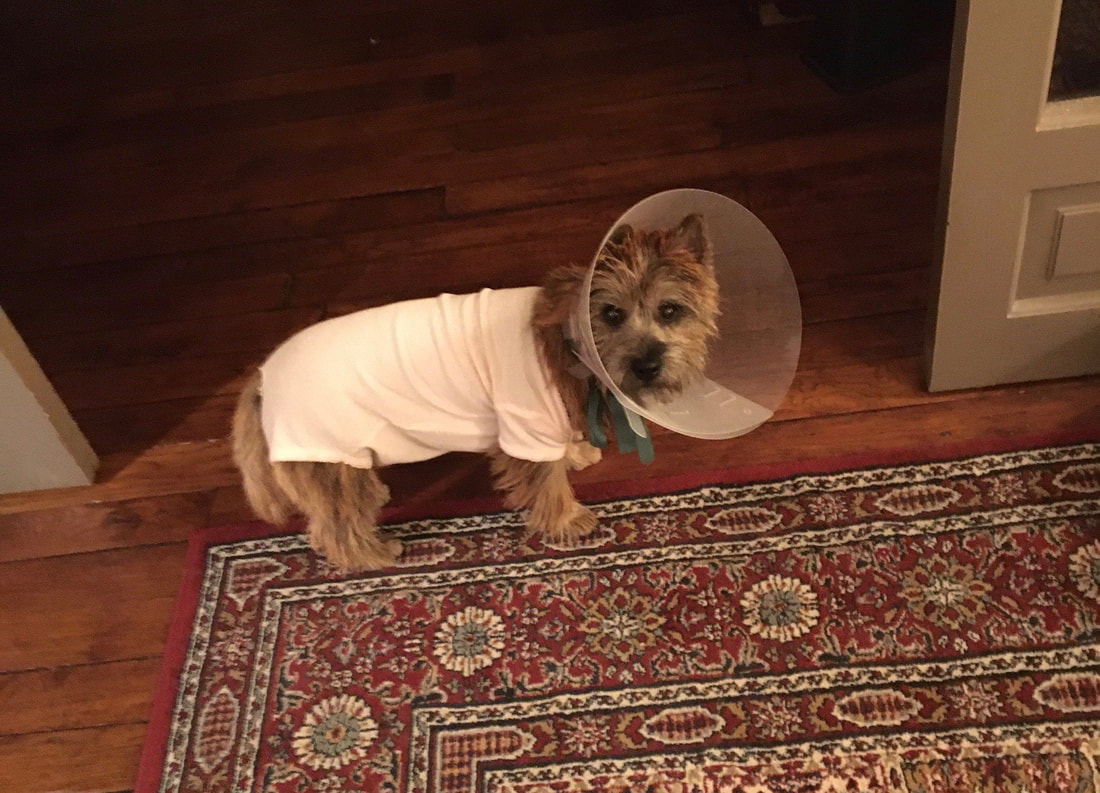
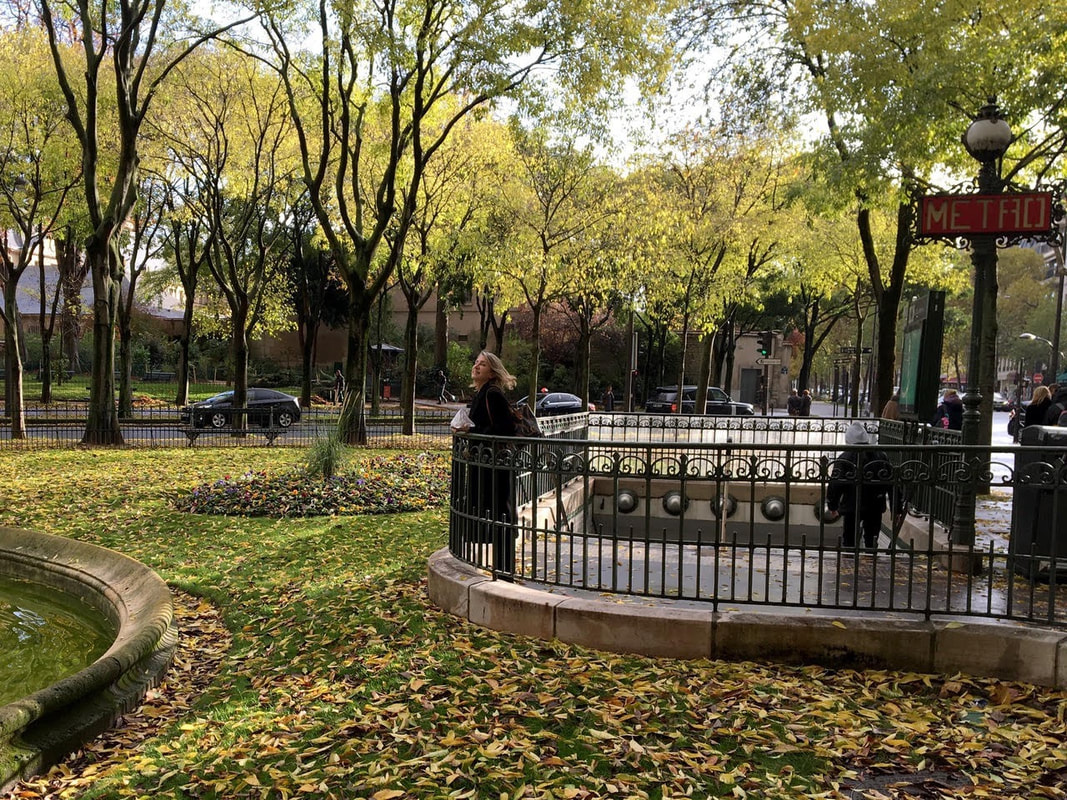
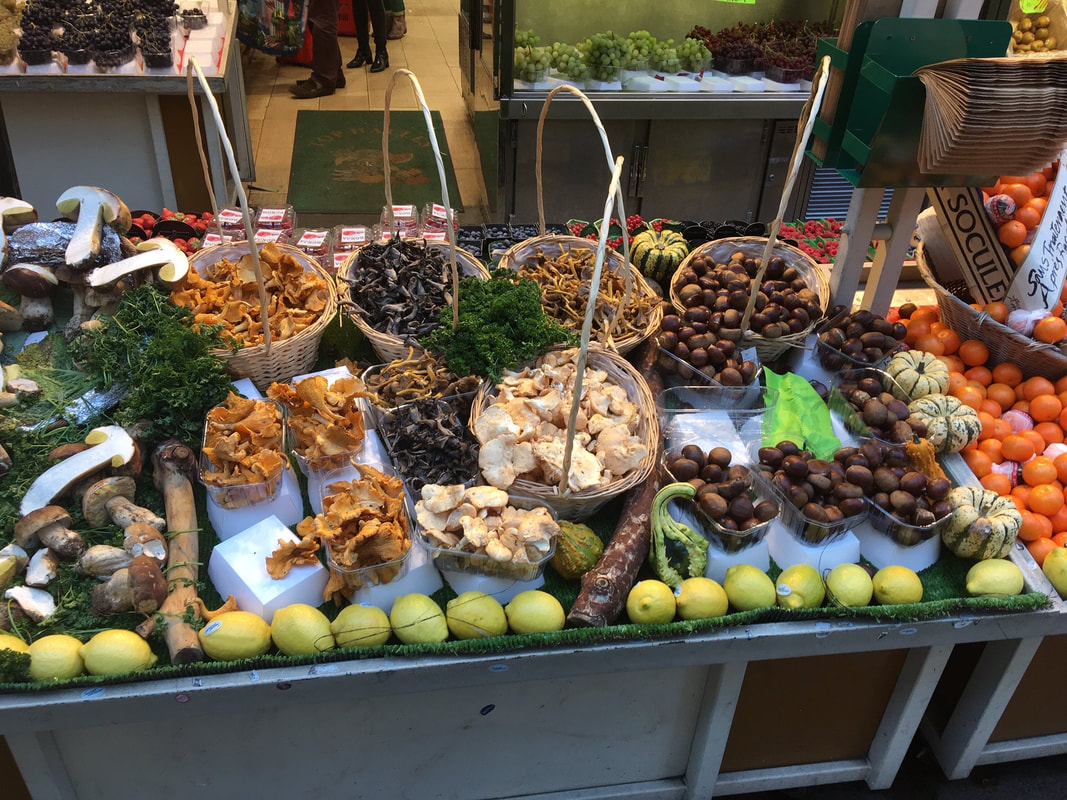
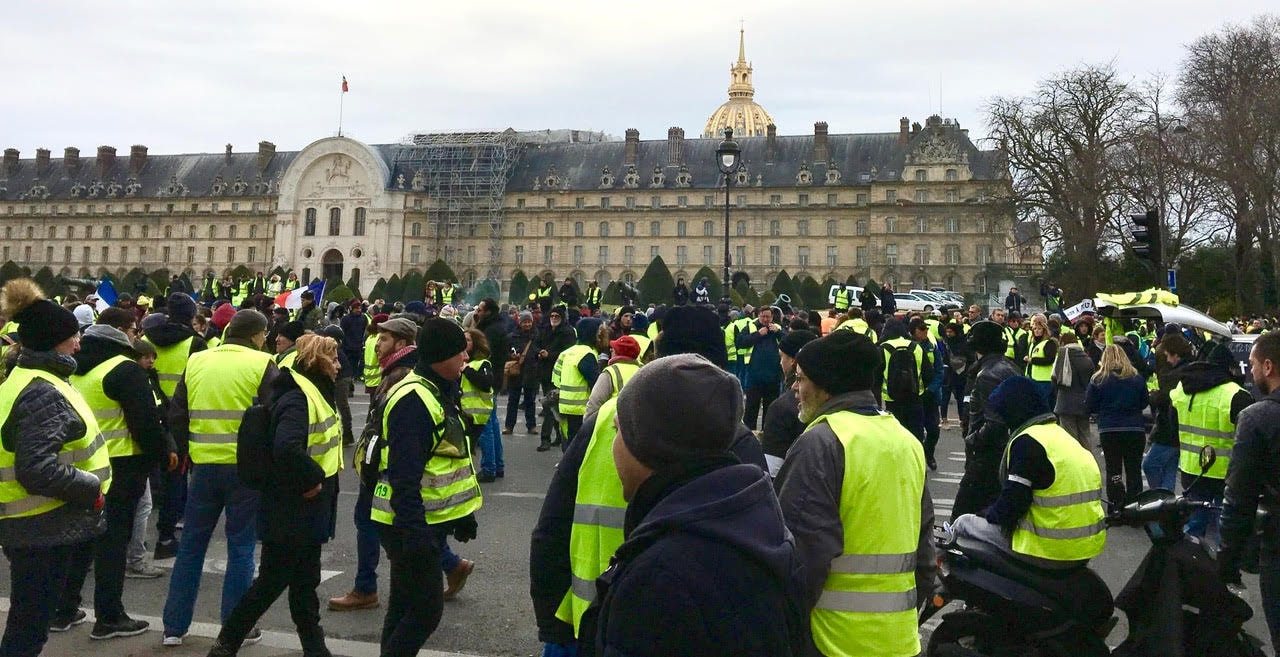
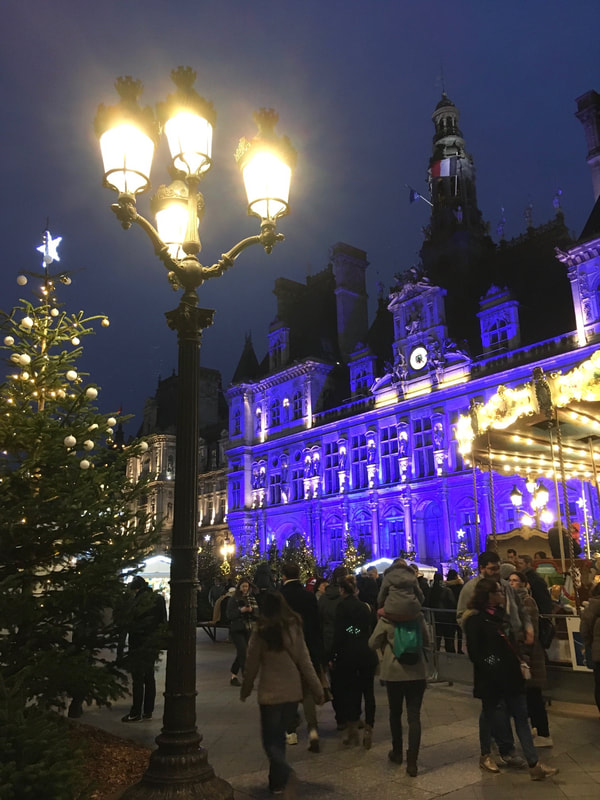
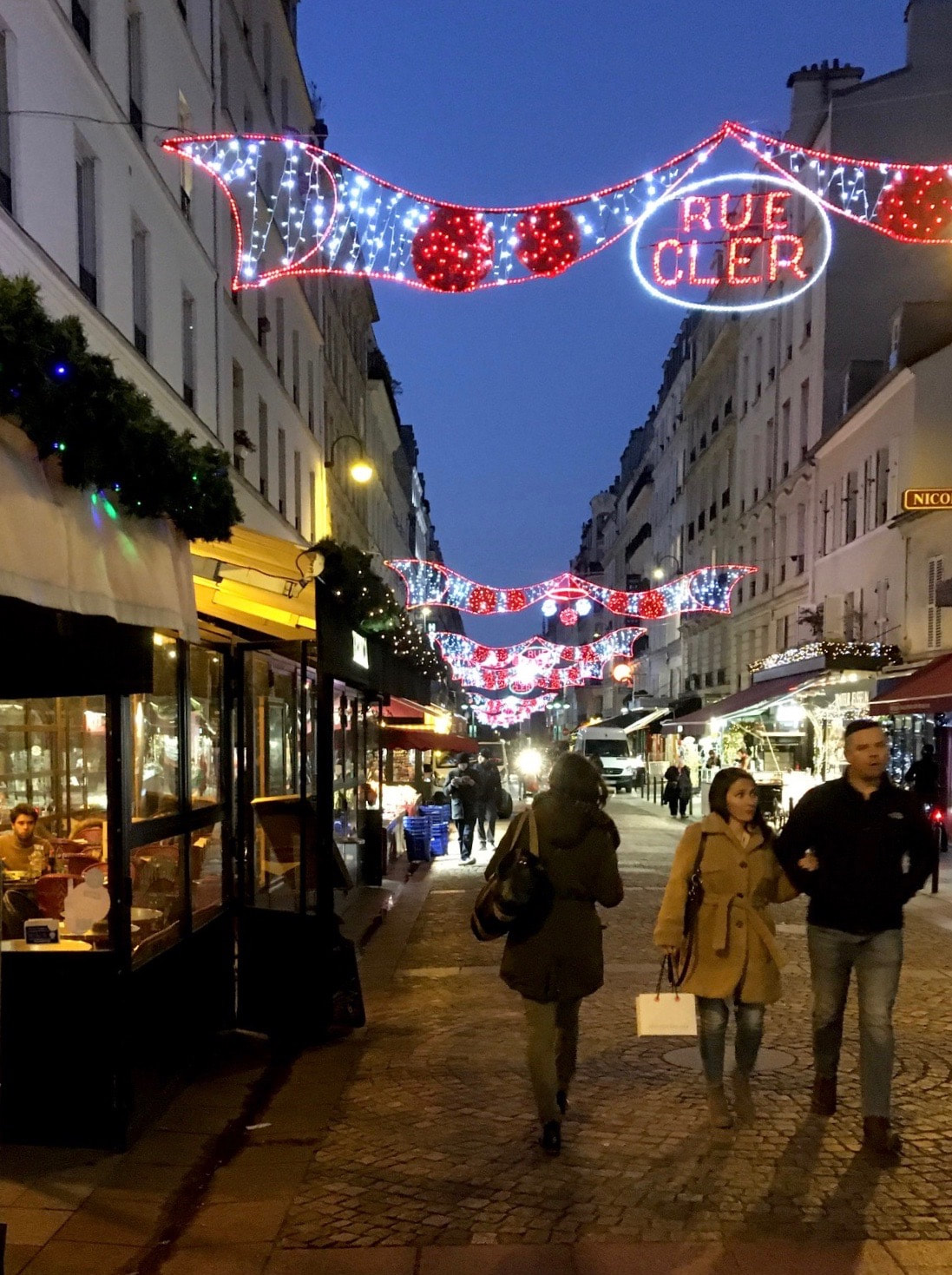
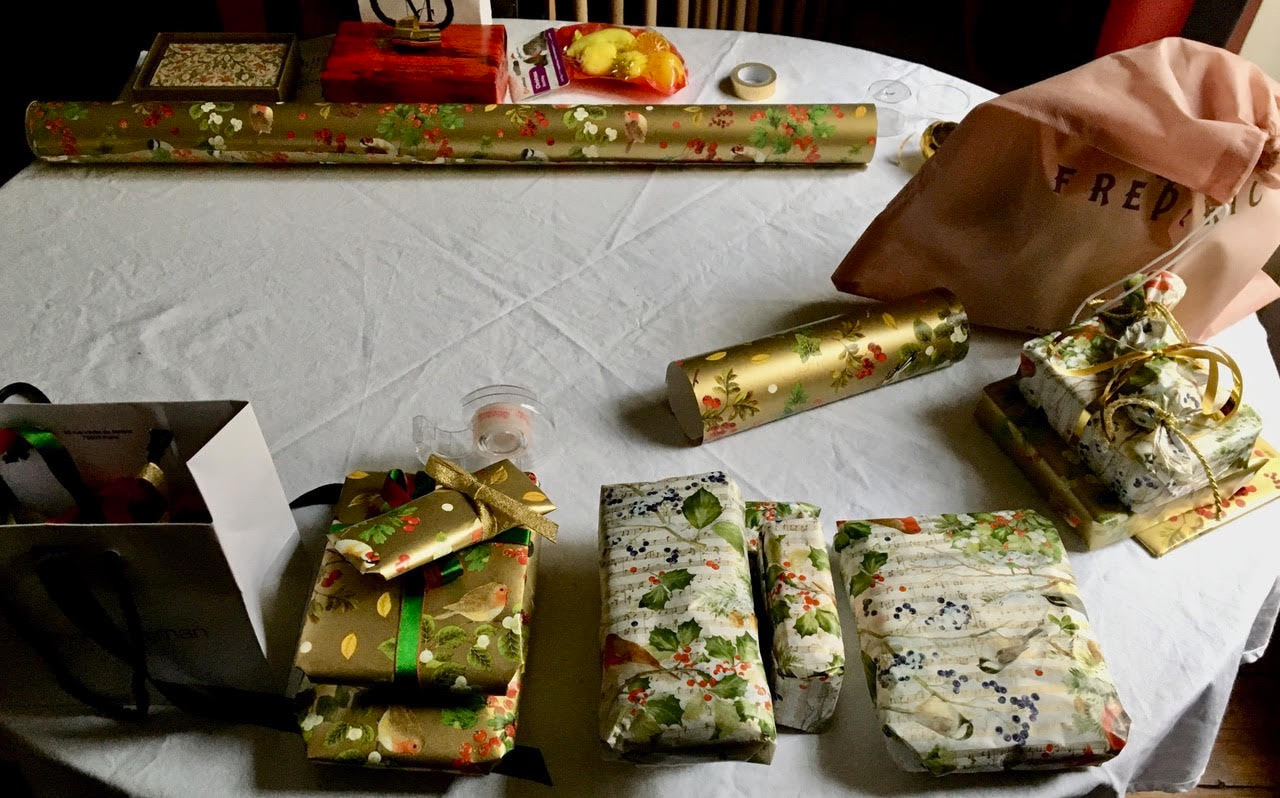
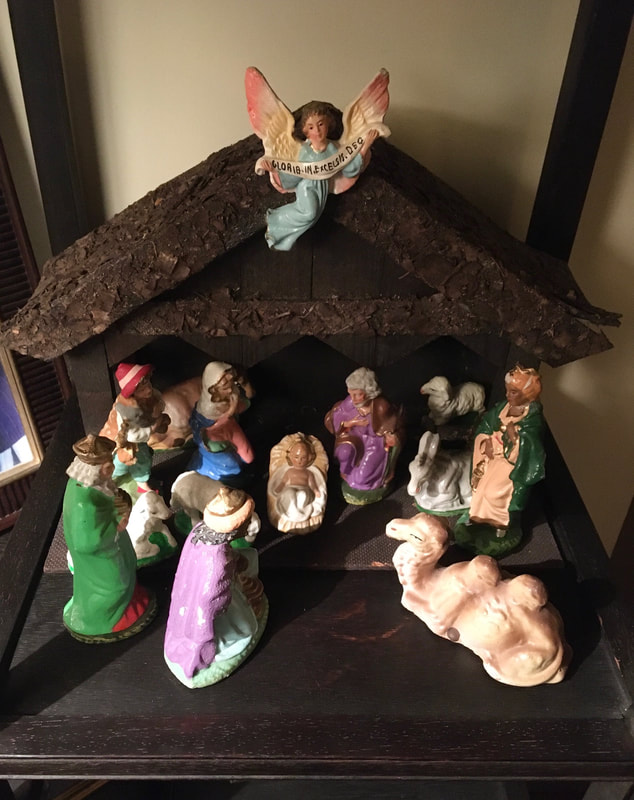
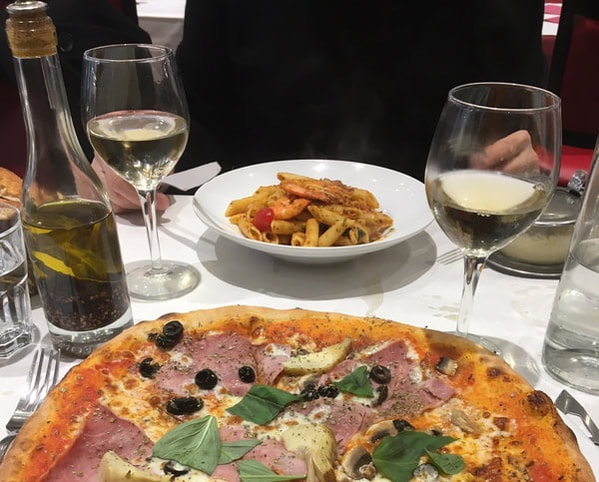
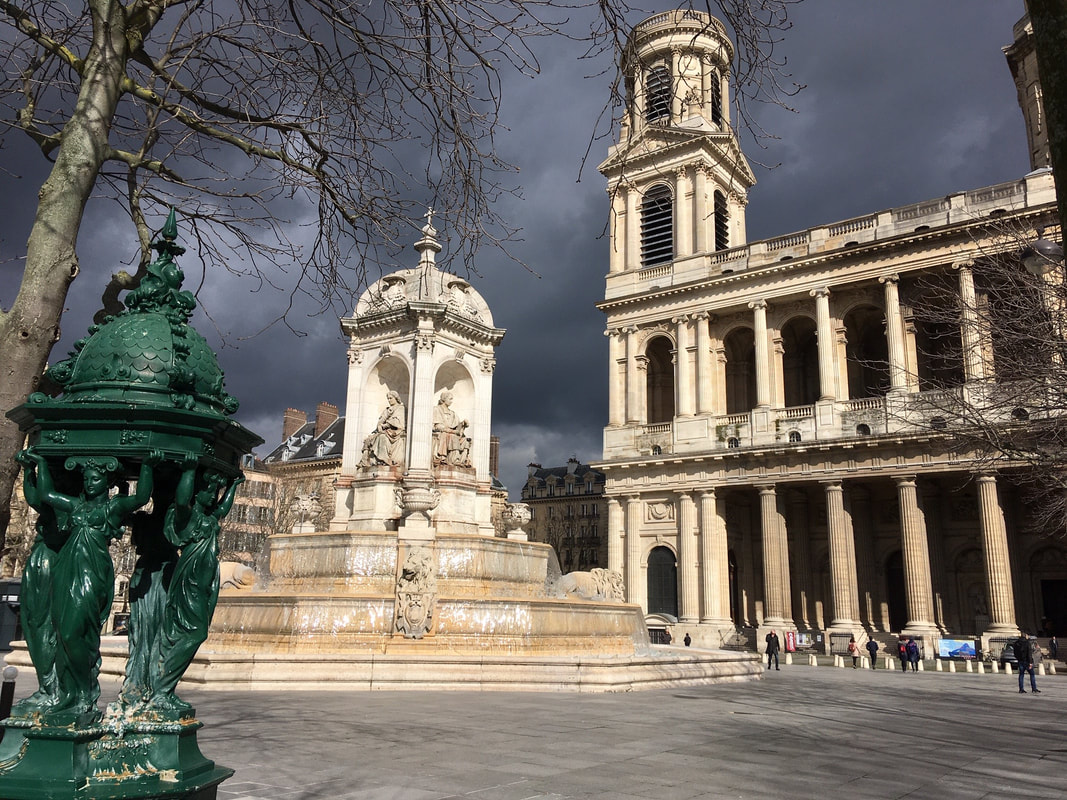
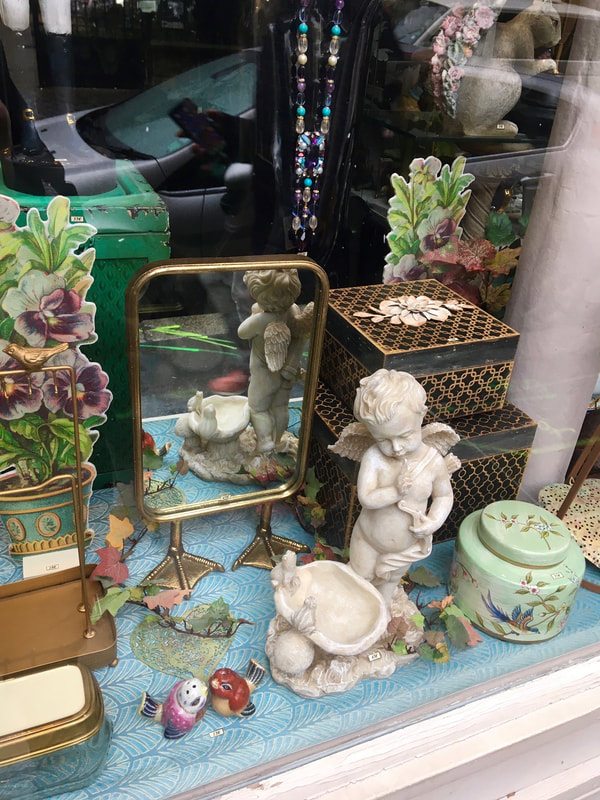
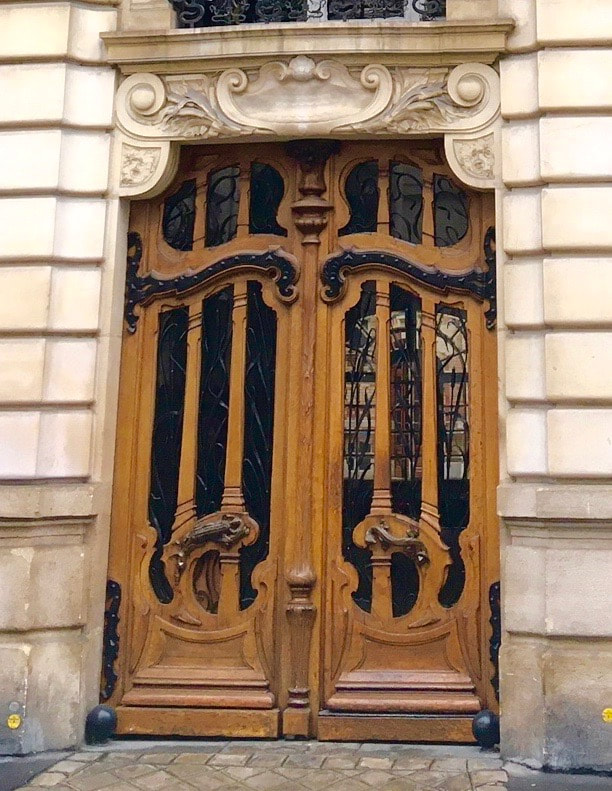
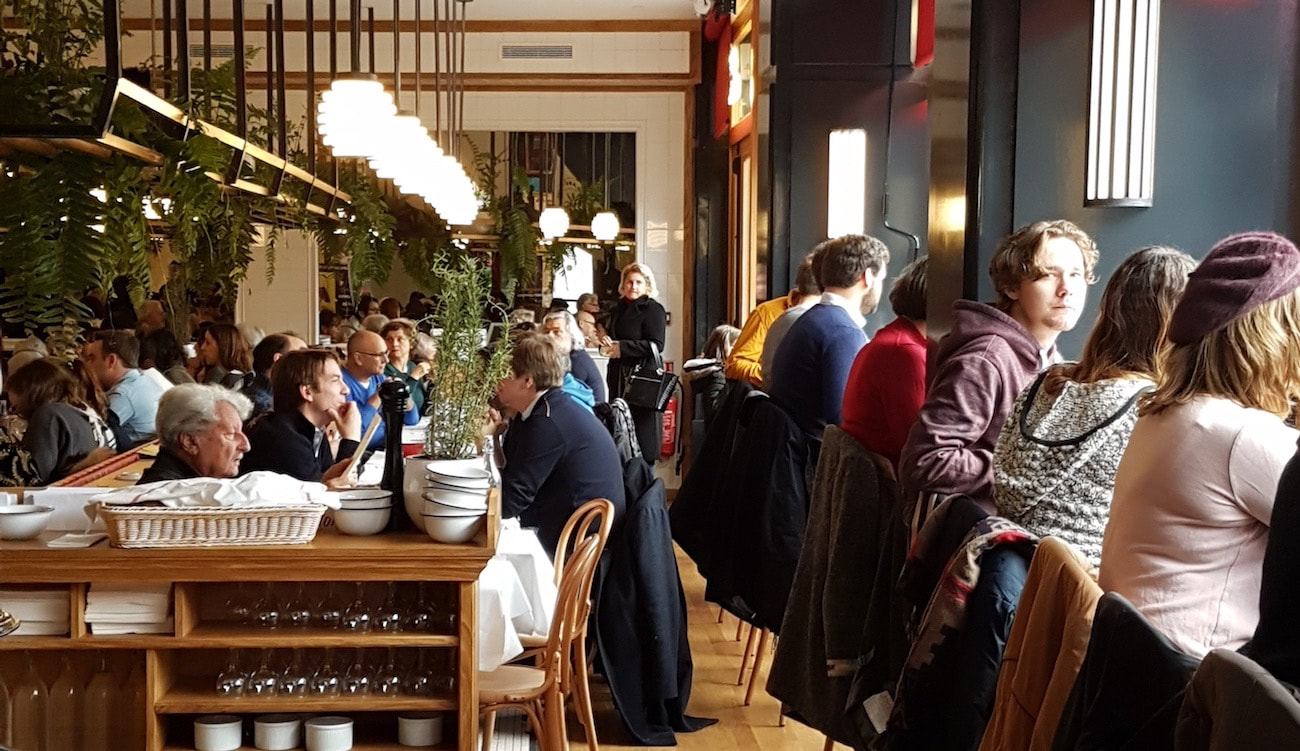
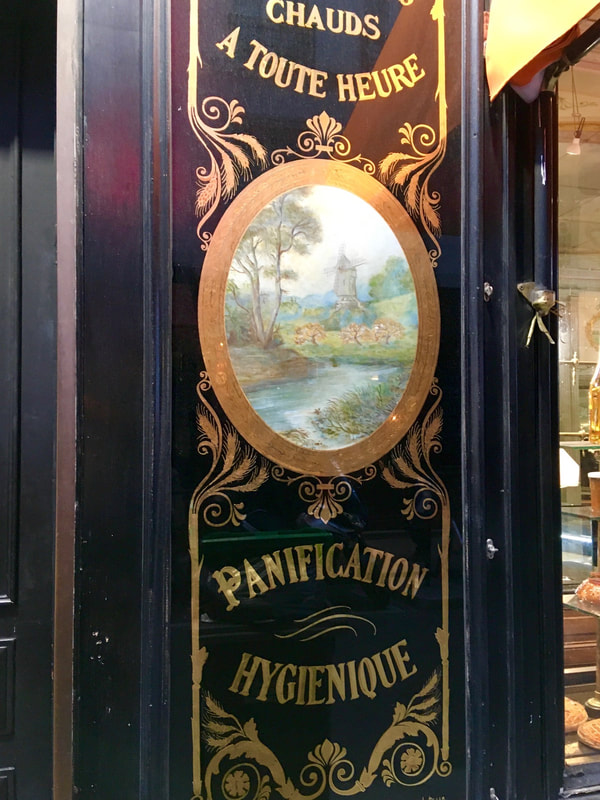
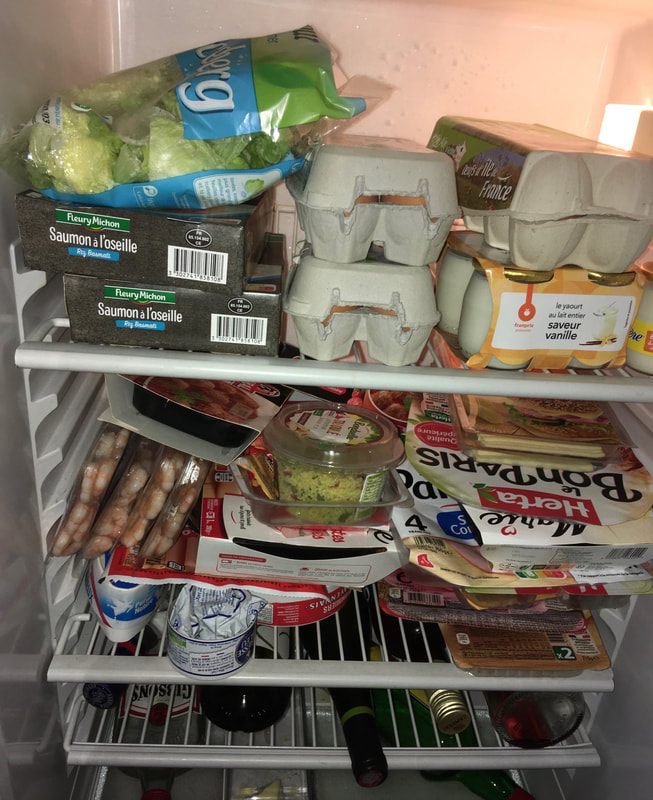
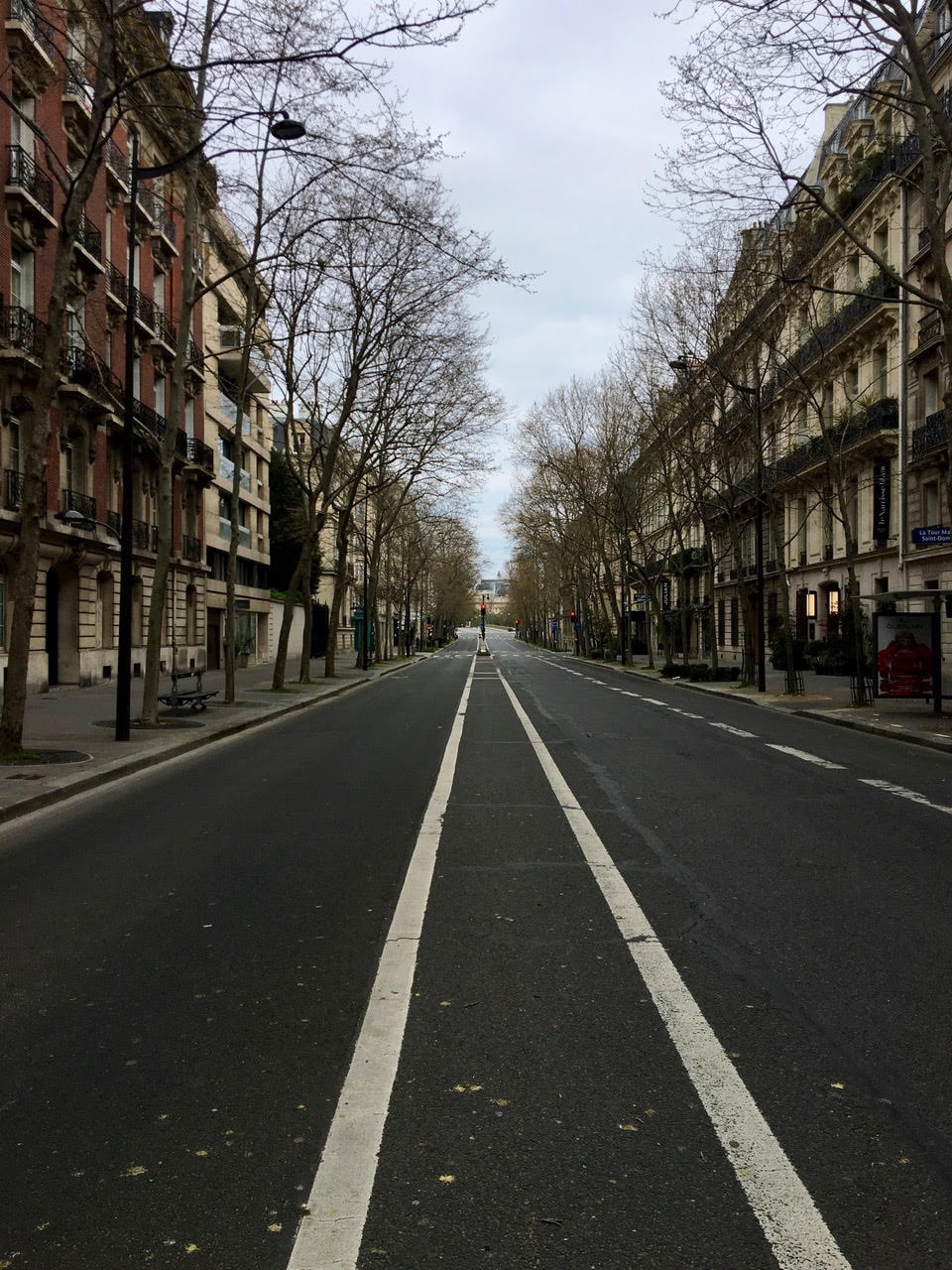
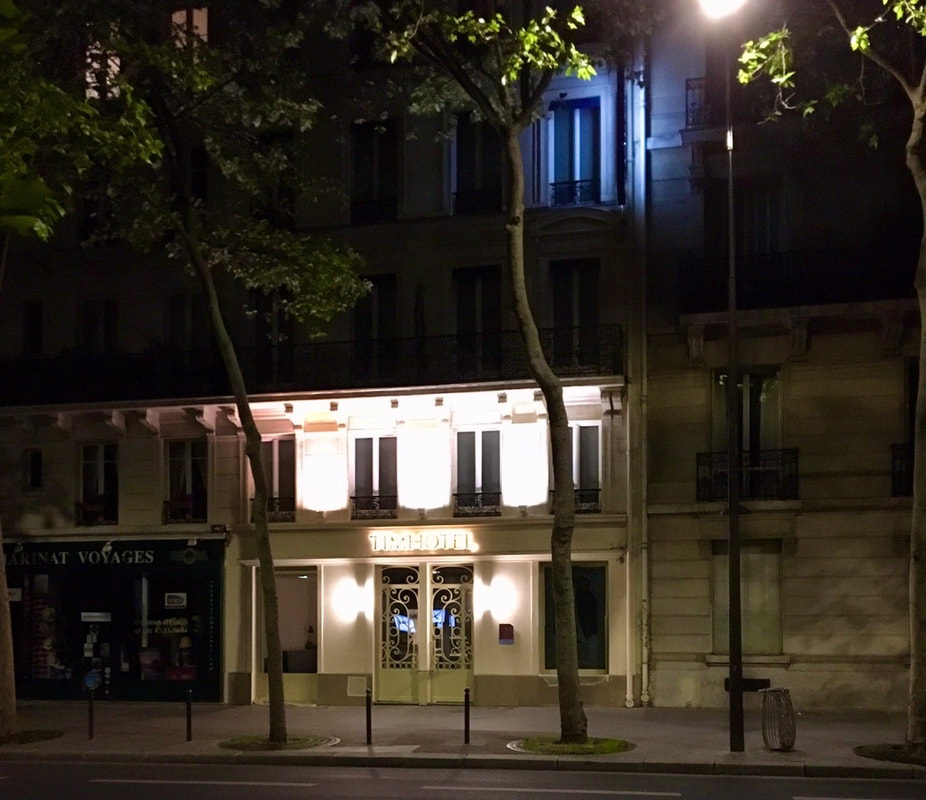
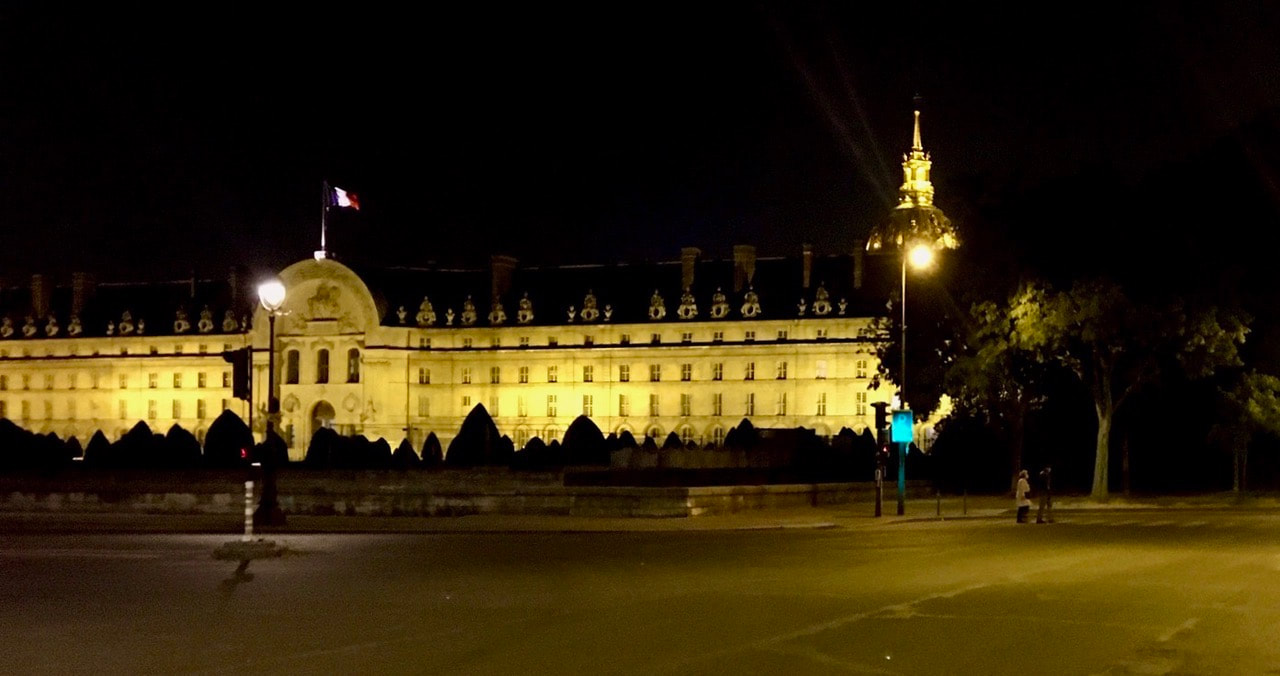
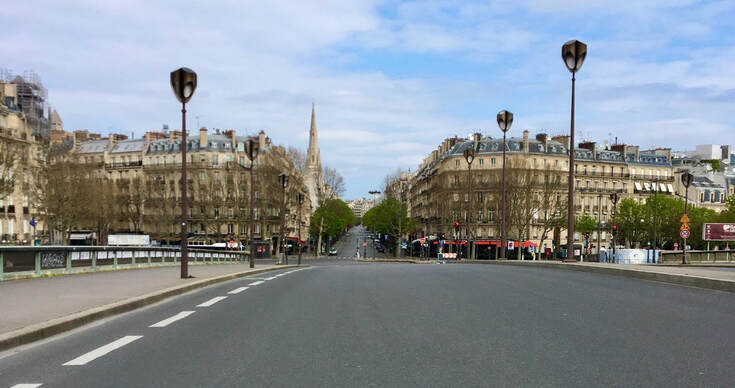
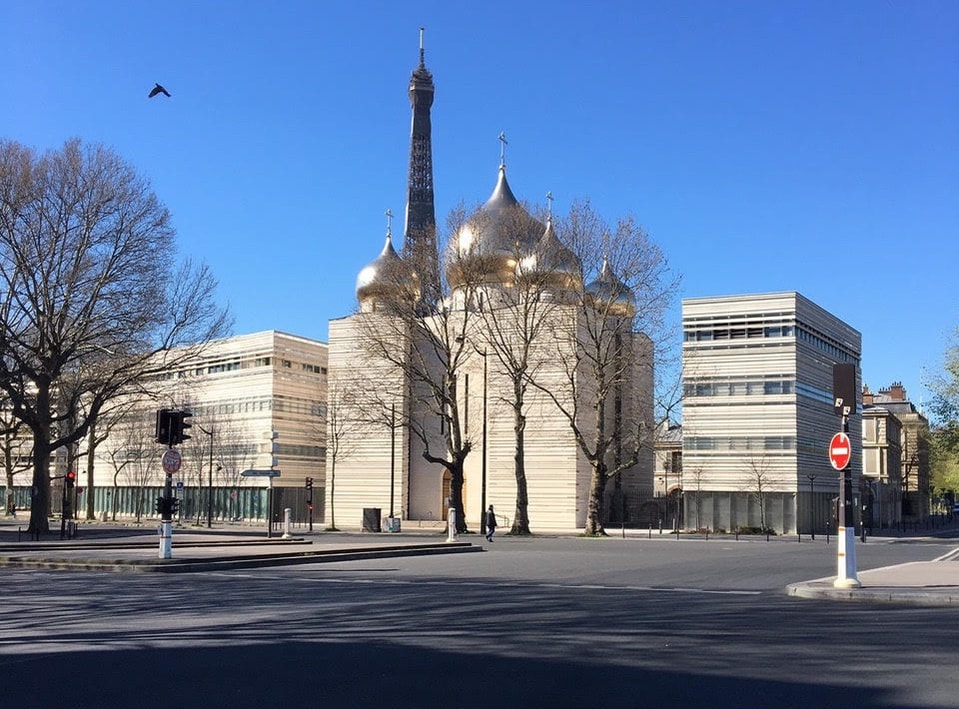
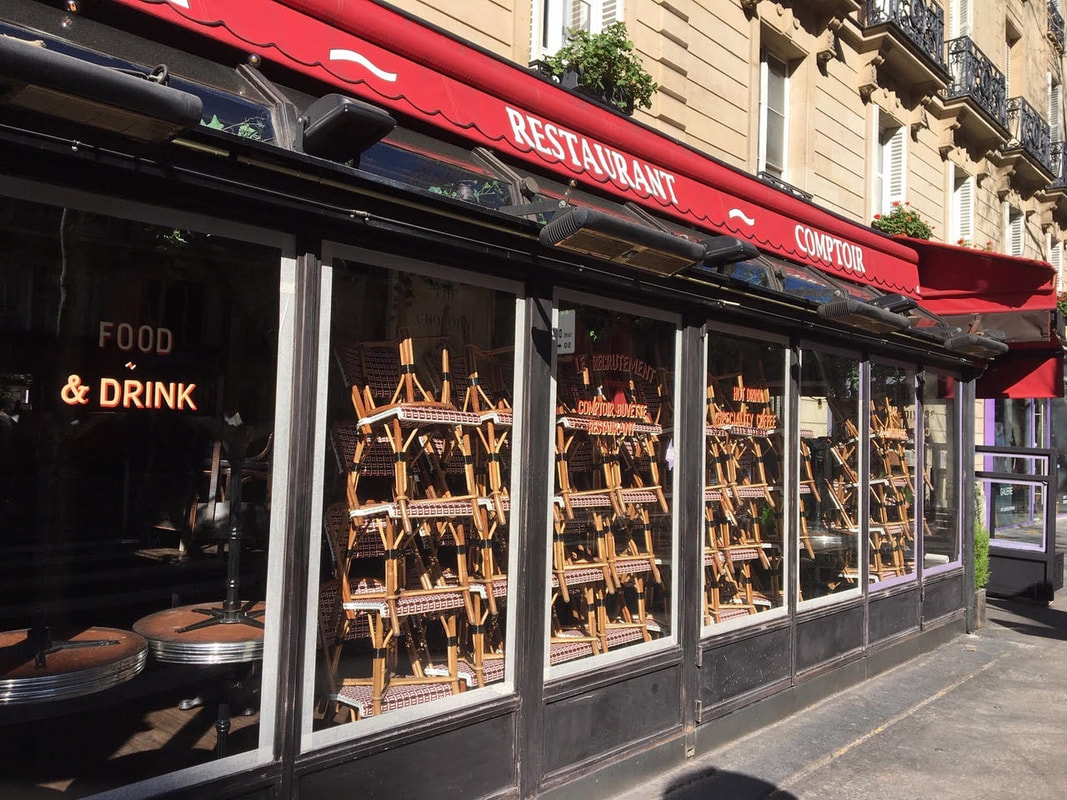
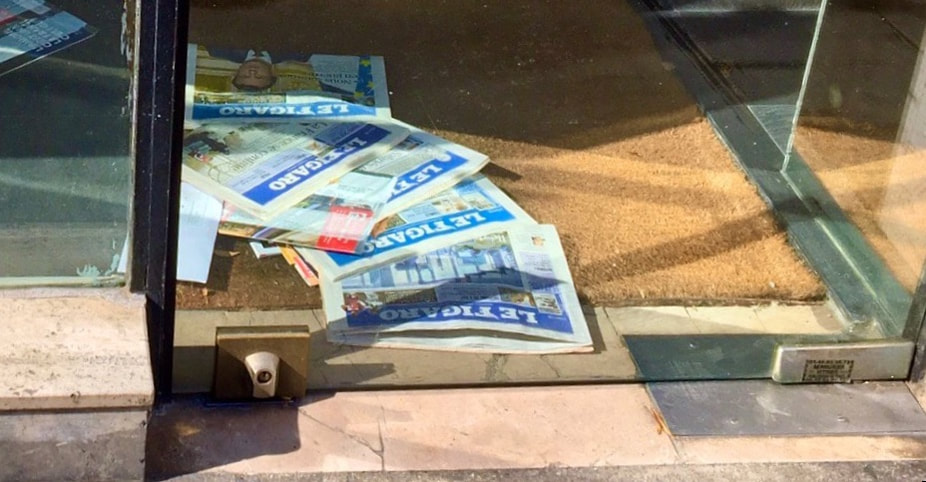
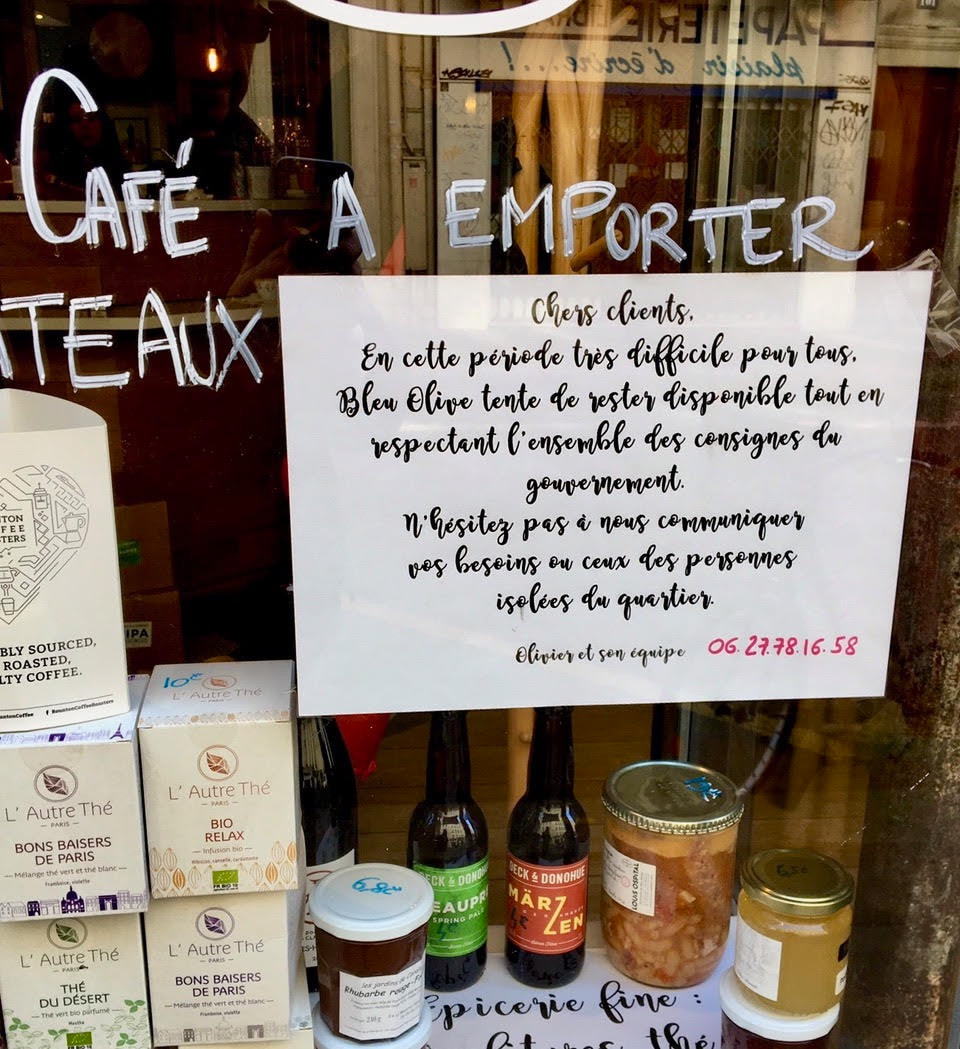

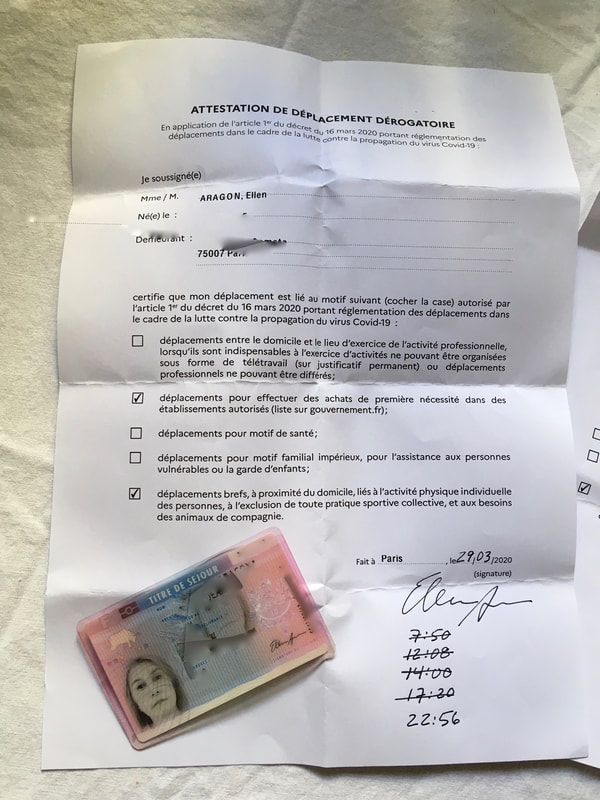
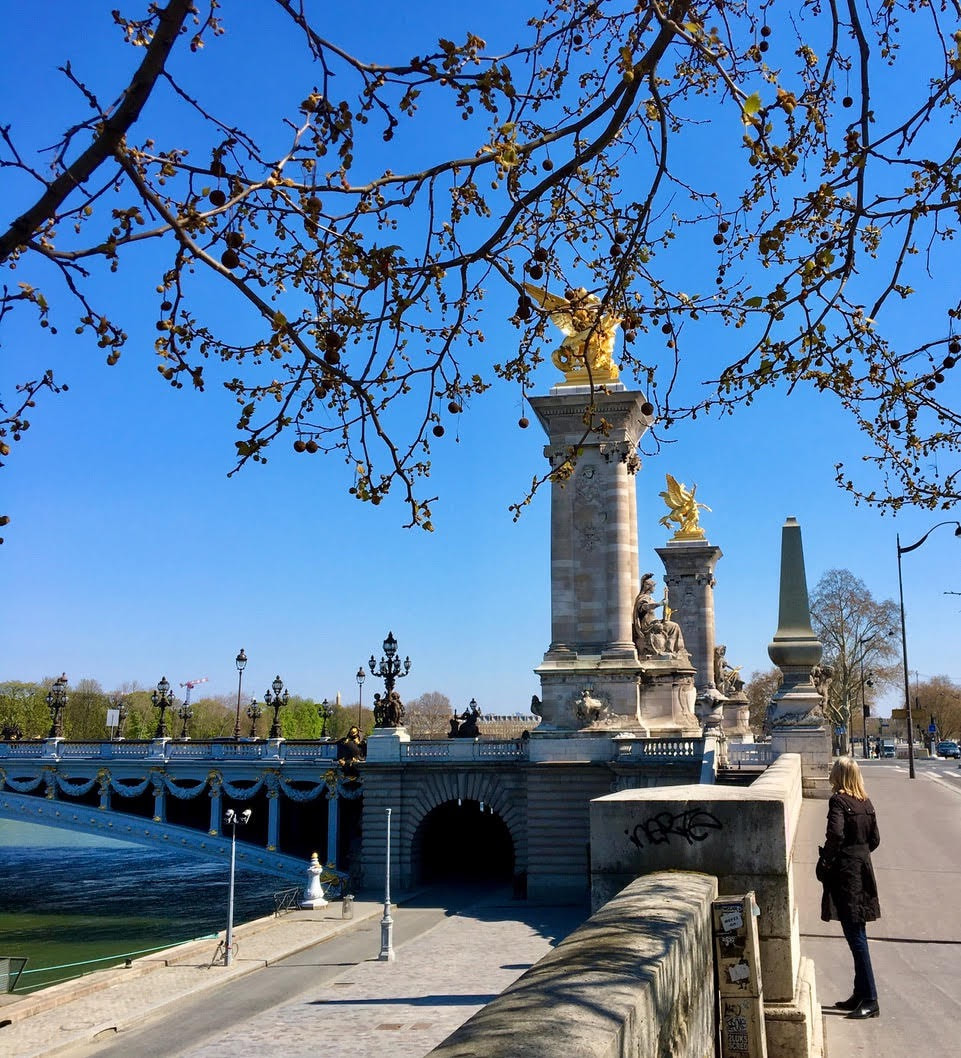
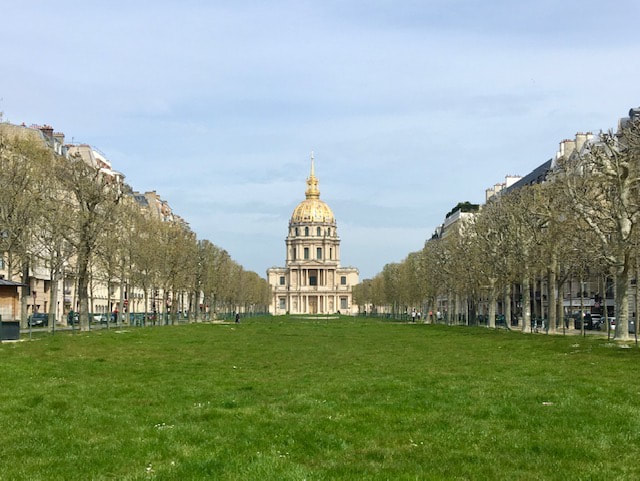
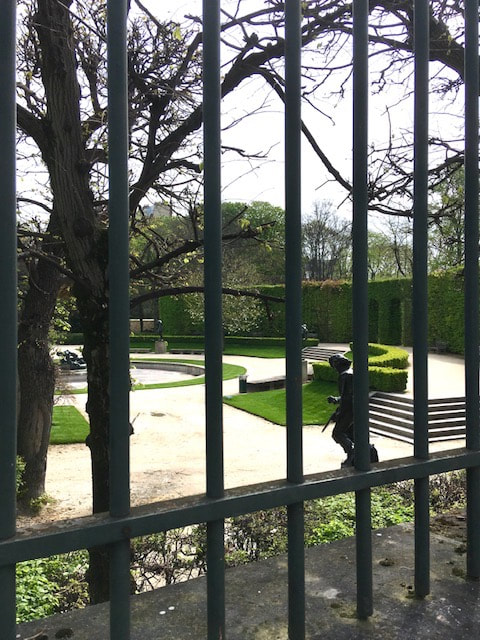
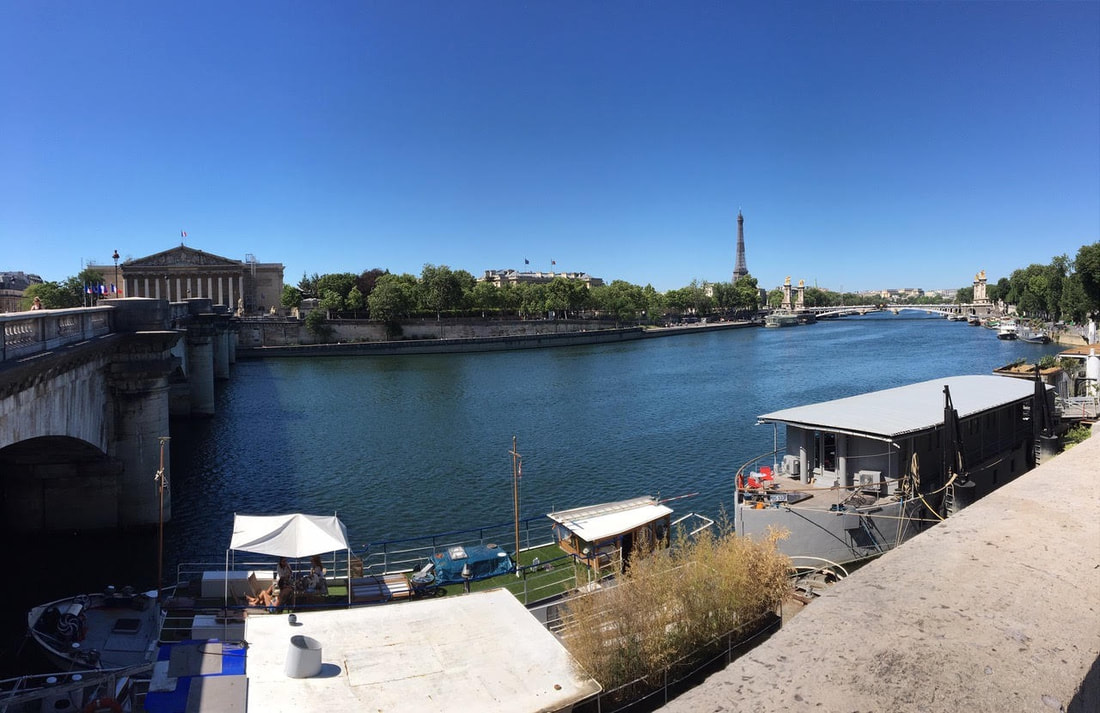
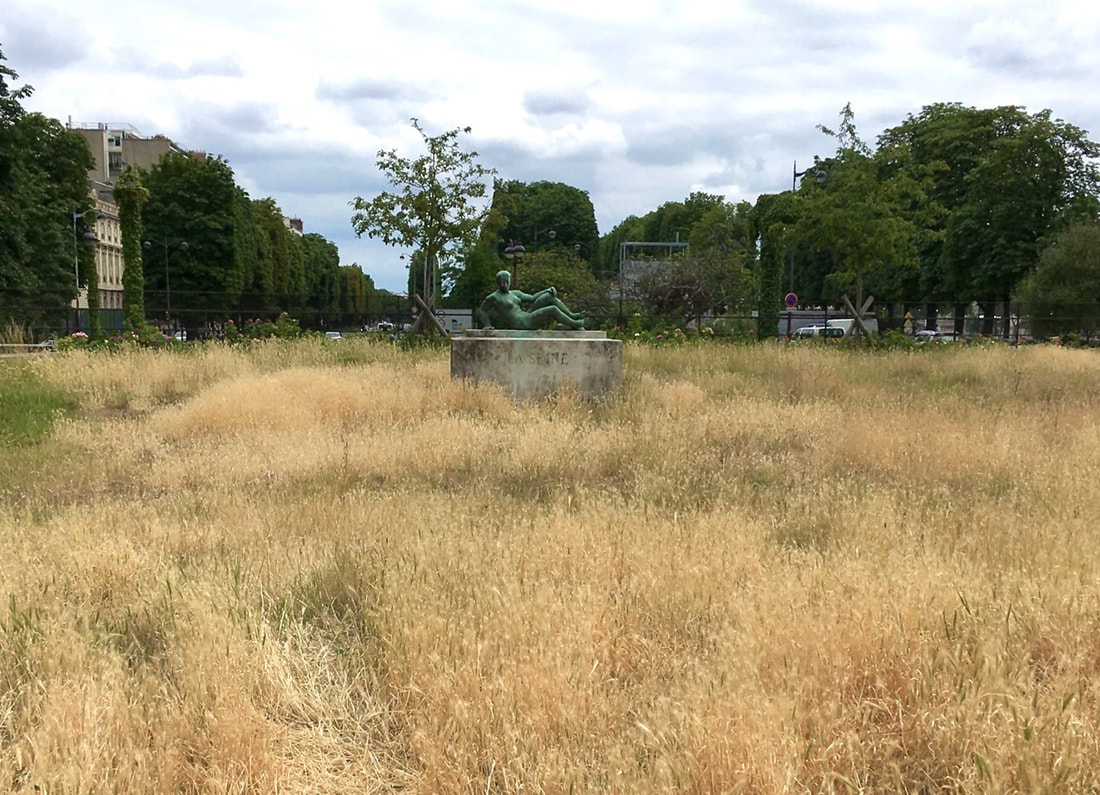
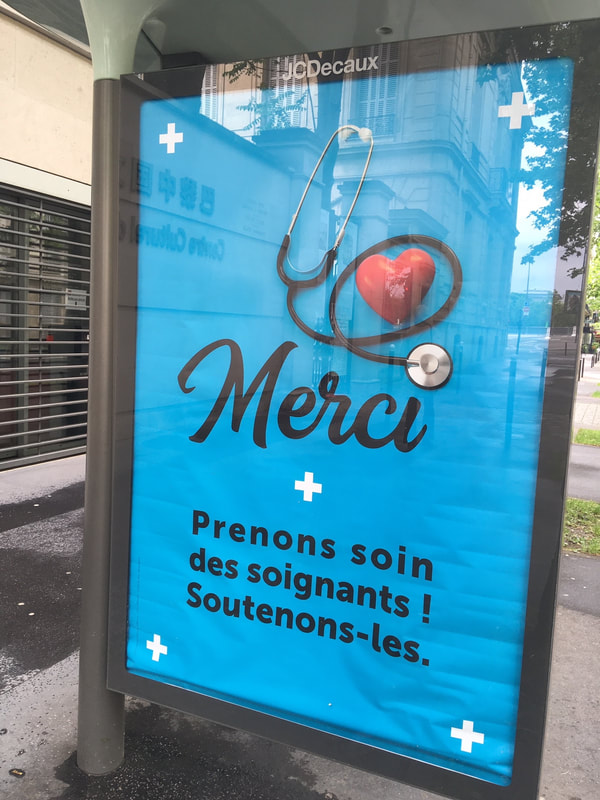
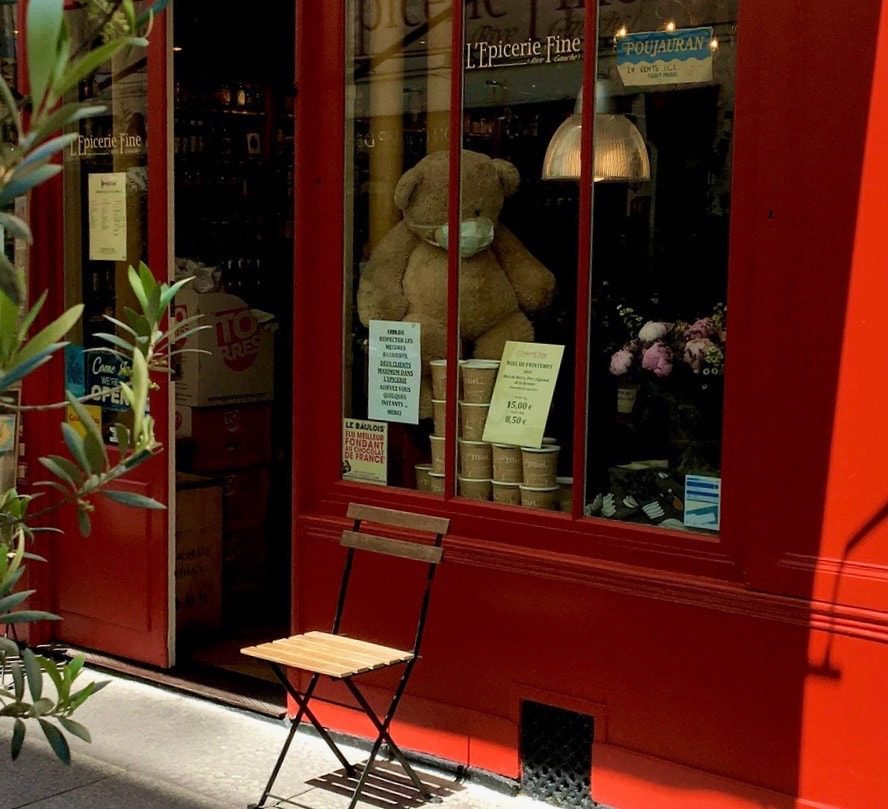
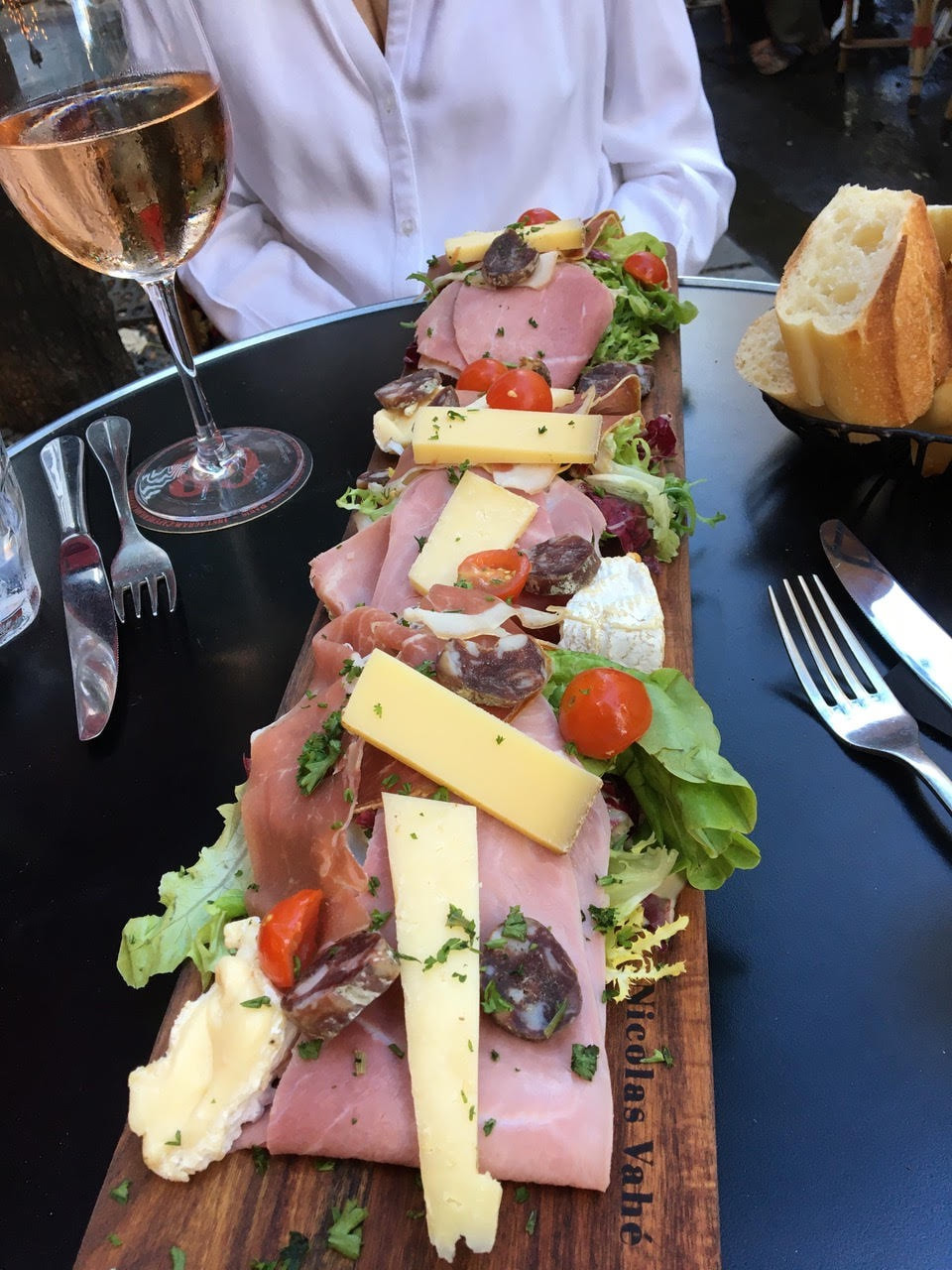
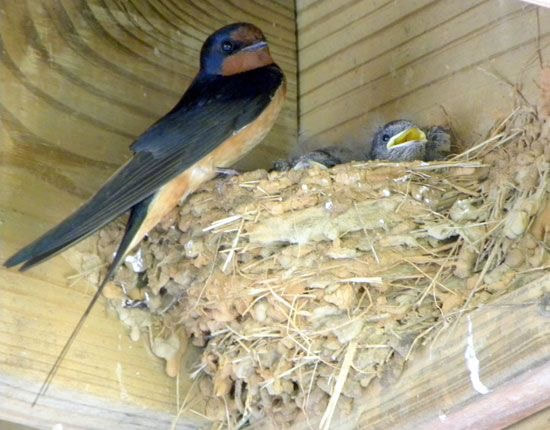
 RSS Feed
RSS Feed